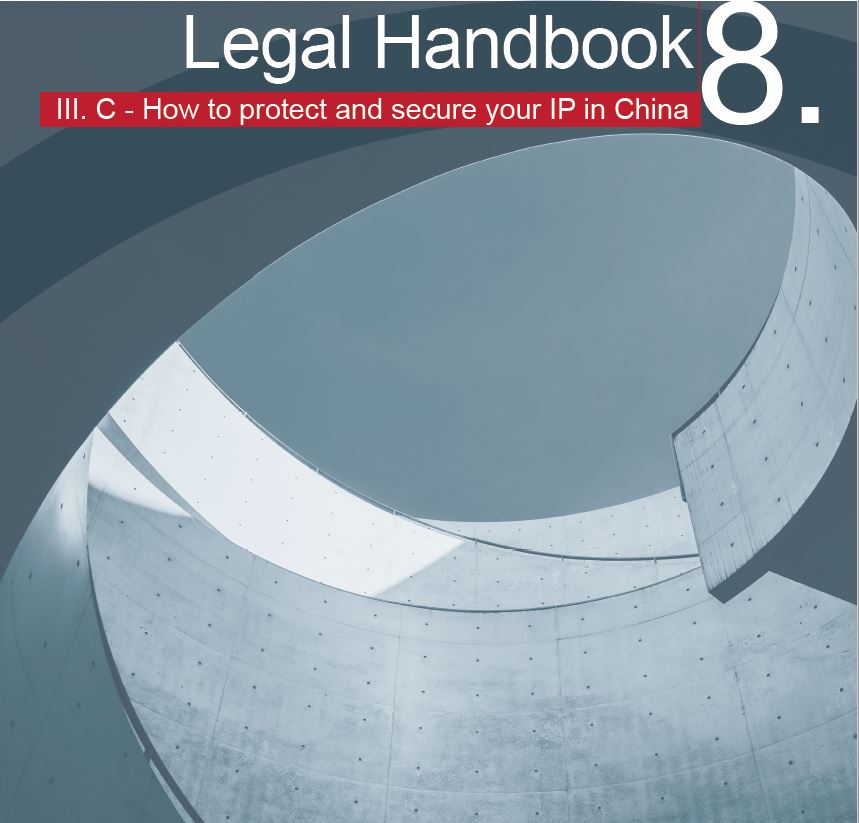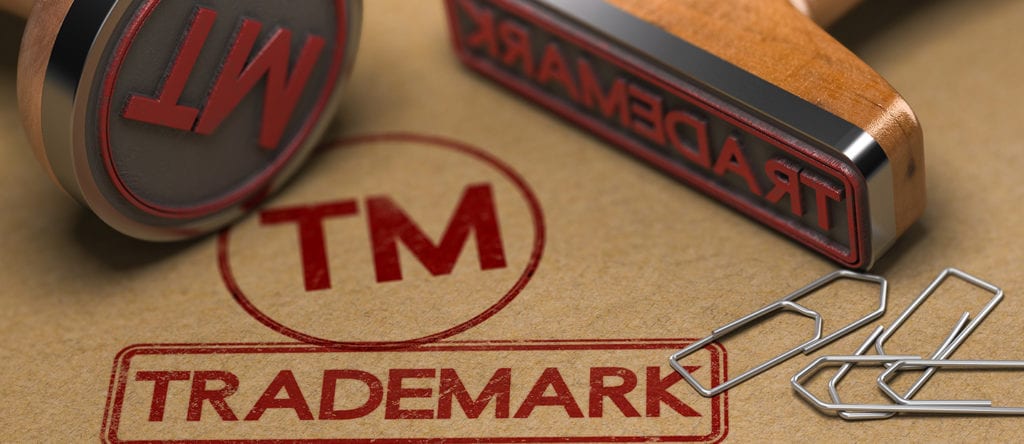Trademark Protection in China
19 February 2019
A new classification for trademark application came into effect
The China National Trademark Office has issued a notice to implement the 2019 version of the 11th Edition of the Nice Classification (the ‘2019 Nice Classification’) as of 1 January 2019. In parallel, a new version of 2019 China classification table which covers 45 classes, has also been published by the trademark authority by incorporating certain goods and service specifications of the Nice system.
It is advisable that applicants who apply for trademark registration on or after 1 January 2019 should closely follow and adapt to the new practice.
Facilitation and Promotion of Efficiency of Trademark Registration
The State Administration for Industry and Commerce and General Office of the State Council have made a clear timetable for the China National Trademark office to promote the efficiency of trademark registration, which is a three-year plan commencing from the year of 2018.
In 2019, the period of trademark registration tends to be further reduced to 5 months by the end of 2019, although this policy is not legally binding and does not amend the original terms provided by the Trademark Law.
Predictably, the number of trademark applications will significantly increase as the length of trademark examination decreases. In face of the growth of trademark applications, the China National Trademark office has published a draft for comments in relation to regulation of trademark applications in 2019, which prohibits improper repeated trademark applications, irrational trademark filings during a short time and applications which lack intentions and actual demands to use trademarks. In case of any violation of the aforementioned regulations, the records of an applicant or trademark agency would be included in credit files for such abnormal applications and the relevant applicant or agency would be liable for other possible legal consequences.
To know more, please contact Chloe Voaratanouvong.
To easily register your trademark in China, please follow
Trademark Protection in China
19 February 2019
A new classification for trademark application came into effect
The China National Trademark Office has issued a notice to implement the 2019 version of the 11th Edition of the Nice Classification (the ‘2019 Nice Classification’) as of 1 January 2019. In parallel, a new version of 2019 China classification table which covers 45 classes, has also been published by the trademark authority by incorporating certain goods and service specifications of the Nice system.
It is advisable that applicants who apply for trademark registration on or after 1 January 2019 should closely follow and adapt to the new practice.
Facilitation and Promotion of Efficiency of Trademark Registration
The State Administration for Industry and Commerce and General Office of the State Council have made a clear timetable for the China National Trademark office to promote the efficiency of trademark registration, which is a three-year plan commencing from the year of 2018.
In 2019, the period of trademark registration tends to be further reduced to 5 months by the end of 2019, although this policy is not legally binding and does not amend the original terms provided by the Trademark Law.
Predictably, the number of trademark applications will significantly increase as the length of trademark examination decreases. In face of the growth of trademark applications, the China National Trademark office has published a draft for comments in relation to regulation of trademark applications in 2019, which prohibits improper repeated trademark applications, irrational trademark filings during a short time and applications which lack intentions and actual demands to use trademarks. In case of any violation of the aforementioned regulations, the records of an applicant or trademark agency would be included in credit files for such abnormal applications and the relevant applicant or agency would be liable for other possible legal consequences.
To know more, please contact Chloe Voaratanouvong.






